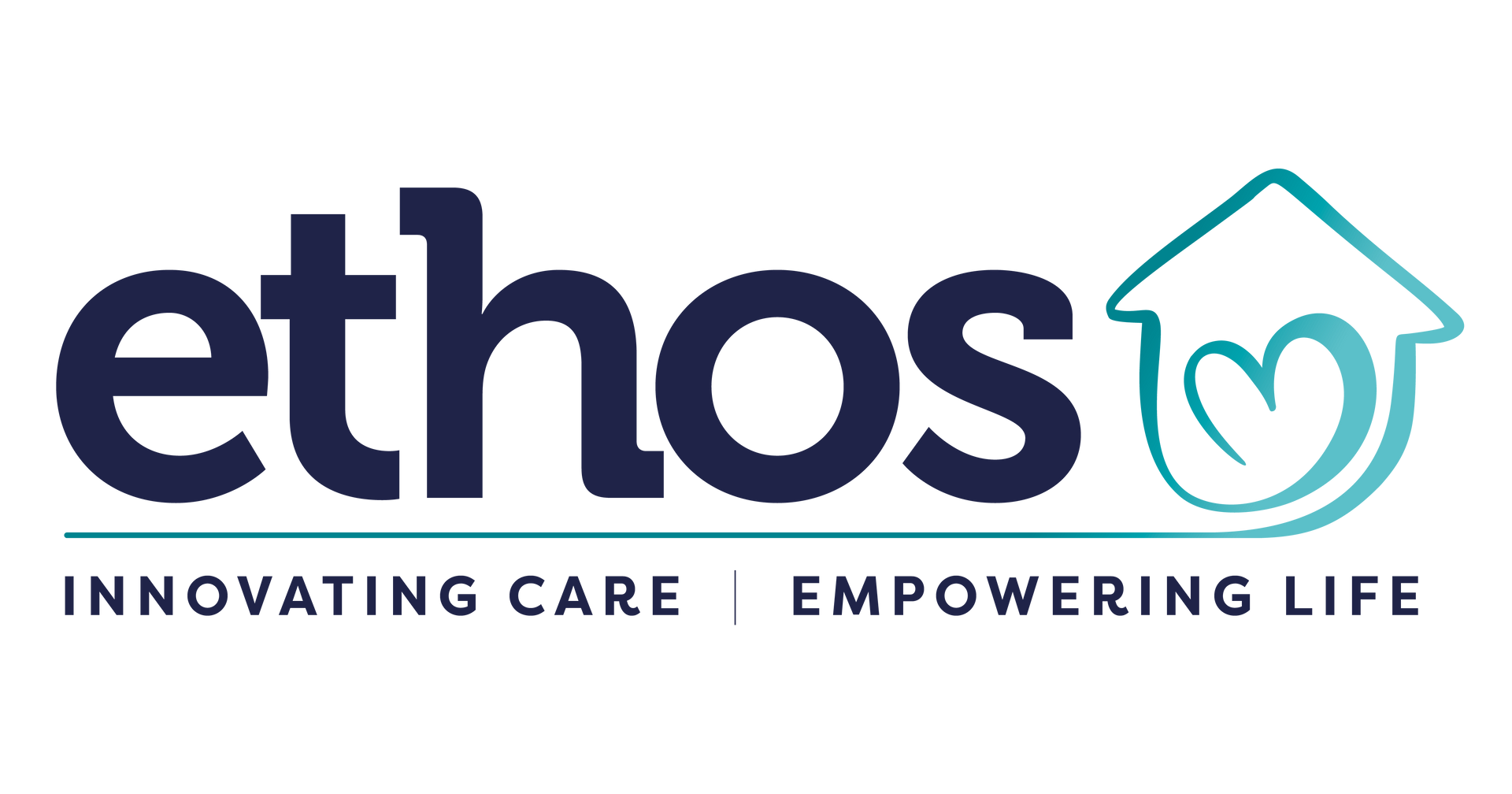Progressive Neurological Condition
Neuroscience Treatments
At Ethos Care Group, we strive to ensure that for our residents with progressive neurological conditions, we create care pathways which reduce the impact the disease has on the individual and their family.
From those in the early stages of neurodegenerative neurological conditions, through to those residents with late stage including end of life care, Ethos will ensure you maintain your independence, dignity and quality of life.
We fully utilise environmental cues, cognitive aids and a person-centred approach to the care we deliver. We provide support to those with a neurodegenerative diagnosis who require complex care due to physical, psychiatric, behavioural and psychological needs.
We fully accept that whilst there may be no cure for a neurodegenerative condition such as dementia or Huntington’s disease, we can do so much to reduce and relieve symptoms, and to improve quality of life.
Through our approach, we can identify strategies and equipment which will fully maximise independence and reduce the impact of any deterioration that may occur as part of the disease. We fully encourage and support meaningful activity, which we know to be of benefit to our residents, which we maintain even at the latter stages of diagnosis.
Some of the progressive neurological conditions we care for include:
- Huntington’s disease
- Multiple Sclerosis
- Parkinson’s disease
- Vascular Dementia (which is more stable with step-wise changes in ability only if further vascular events occur)
- Acquired brain injury, but past the point of requiring active rehabilitation, such as Korsakoff’s disease
- Alzheimer’s disease
- Fronto-temporal dementia/Pick’s disease
- Lewy Body dementia
- Acquired brain injury conditions from disease/damage leading to dementia such as Neuroleptic Malignant Syndrome (overuse of neuroleptic medication given for long-term mental health problems), syphilis, Korsakoff’s disease (brain injury due to long term alcohol abuse).
- Traumatic brain injury where maximal rehabilitation outcome has been achieved but where needs remain high.


